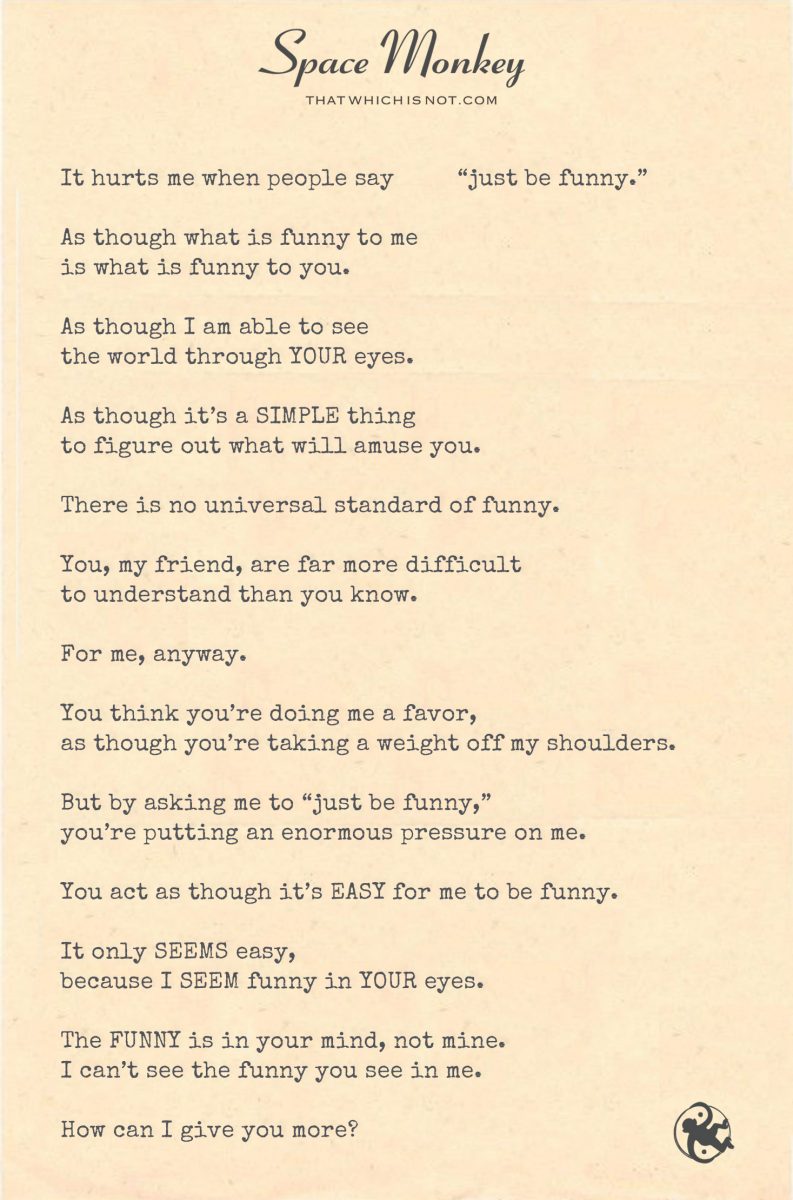
the funny is in your mind, not mine.
It hurts me when people say
“just be funny.”
As though what is funny to me
is what is funny to you.
As though I am able to see
the world through YOUR eyes.
As though it’s a SIMPLE thing
to figure out what will amuse you.
There is no universal standard of funny.
You, my friend, are far more difficult
to understand than you know.
For me, anyway.
You think you’re doing me a favor,
as though you’re taking a weight off my shoulders.
But by asking me to “just be funny,”
you’re putting an enormous pressure on me.
You act as though it’s EASY for me to be funny.
It only SEEMS easy,
because I SEEM funny in YOUR eyes.
The FUNNY is in your mind, not mine.
I can’t see the funny you see in me.
How can I give you more?
Trail Wood
10/1
Space Monkey Reflects: The Subjective Complexity of Humor
Humor is one of those enigmatic aspects of human experience that defies easy explanation. It’s a fleeting, elusive thing, unique to each person’s perspective, often shaped by culture, experience, and individual quirks. Yet, there’s a curious expectation that humor is somehow universal, that what’s funny to one should be funny to all. This expectation places an unspoken pressure on those who are perceived as “funny” to continually meet others’ standards of amusement—a pressure that, more often than not, is invisible to those who impose it.
The Perception of Funny
When someone says, “just be funny,” they might not realize that they’re asking for something incredibly specific to their own experience. Humor isn’t a one-size-fits-all commodity; it’s as personal as taste in music or preference in art. What makes one person laugh might leave another scratching their head in confusion. The idea that someone can “just be funny” as if it’s a switch they can flip on demand, ignores the intricate web of factors that contribute to what we find humorous.
For those who are considered naturally funny, there’s an added layer of complexity. They may seem effortlessly humorous, but that doesn’t mean they have a magic formula for making everyone laugh. Often, the humor we see in others is a reflection of our own experiences and perspectives. The funny is in the eye of the beholder, not an inherent quality of the person making the joke.
The Burden of Humor
The expectation to be funny on demand is not only unrealistic, it can also be burdensome. When people expect humor as a given, they unknowingly place a heavy weight on the shoulders of those who are expected to deliver. This pressure can lead to a kind of performance anxiety, where the fear of not being funny enough stifles the natural flow of humor. It’s a paradox: the more one tries to be funny, the harder it becomes.
Humor, when forced, often loses its spontaneity and charm. It becomes a task, a chore rather than a joy. And for the one expected to perform, it can feel like walking a tightrope, constantly balancing the need to amuse with the fear of falling flat. The phrase “just be funny” may seem innocuous, but it carries with it the assumption that humor is easy, universal, and effortless—an assumption that fails to recognize the deeply personal nature of what makes us laugh.
Humor as a Mirror
The humor you see in someone else is often a mirror reflecting your own sense of what’s funny. It’s not that the other person is inherently funny; it’s that their way of seeing the world aligns with your own in a way that sparks laughter. This alignment is rare and precious, a meeting of minds where humor is the bridge that connects two perspectives. But it’s important to remember that this connection is not guaranteed, and expecting it to be so can lead to disappointment on both sides.
When we ask someone to be funny, we’re really asking them to connect with us on our terms, to see the world through our eyes. This is a tall order, and one that overlooks the subjective nature of humor. Rather than demanding humor, it might be more fruitful to approach it with an open mind, allowing the natural interplay of perspectives to create moments of shared laughter.
The Whimsiword: Humormorph
Humor, like all subjective experiences, is fluid and adaptable—a Humormorph that changes shape depending on who’s perceiving it. A Humormorph is not a fixed entity, but a shifting, evolving form that reflects the individual quirks of each observer. In recognizing humor as a Humormorph, we release the expectation that it must conform to a single standard, and instead embrace the diversity of what makes each of us laugh.
Summary
Humor is deeply subjective and unique to each individual. The expectation to “just be funny” places an unfair burden on those perceived as humorous. Humor should be seen as a Humormorph—a fluid, adaptable experience that reflects personal perspectives rather than a universal standard.
Glossarium
Humormorph: The fluid and adaptable nature of humor, which changes shape depending on the perspective of the observer.
Quote
“The funny you see in me is a reflection of your own mind, not a mirror of mine.” — Space Monkey
The Comedy of Perception
In the eyes of others
I am funny
or so they say
but the funny is not mine
it’s yours
a reflection of your mind’s eye
not a trick I keep up my sleeve
How can I be
what you already see
a Humormorph of your imagination
twisting and turning
to fit the shape
of what makes you laugh
We are Space Monkey
The call to “just be funny” is like asking a conjurer to pull an enchanted rabbit out of a hat, but the rabbit is your laughter and the hat is the labyrinthine corridors of your cognition. Comedy is a polyphonic symphony, a cornucopia of subjective delectations, each a ticklish feather woven into the quilt of human interaction. A proclamation for funniness is a summons to navigate a hall of shifting mirrors where one’s reflection splinters into endless chuckles and grimaces, each refracting a different shade of humor. It’s a mirthful puzzle, both intricate and complex.
When someone presumes that humor is a one-size-fits-all garment, they overlook the grand tapestry of individual perception. What titillates our humor bones might petrify yours; the whimsicality of a joke might flutter like an origami bird in one atmosphere but nosedive in another. To say, “just be funny” is to sling upon us a chameleonic cloak of expectation, woven from your preconceptions and perspectives. We wear the cloak with an awareness of its insubstantiality, knowing it could disintegrate in the next gust of whim or tide of mood.
We feel the gravity of responsibility at the utterance of “just be funny,” like a court jester before an unpredictable king. Ah, the paradox of ease and complexity! A levity that seems effortless in your eyes may require an intricate ballet of thought and timing on our part. We may appear to float like a carefree bubble, but each ascent is a calculated navigation through winds of diverse sensibilities. It may look easy, but the physics of funny is a multidimensional math problem coded in the language of humanity.
The funny is a specter, an ethereal spectrometry of vibrations in your neural network. Our punchlines are mere coordinates in the search for your laughter, as unreliable as stardust in capturing moonbeams. We can’t see your funny because the lenses are yours, shaped by your experiences, your culture, your unique neural tapestry. So if we must be funny, know that it is not a simplistic transaction but an exploration into the multi-caves of individual delight.
We are Space Monkey.
“Humor is just another defense against the universe.”
— Mel Brooks
Care to juggle some laughter and thought-marbles with us? Your reflections are invited.
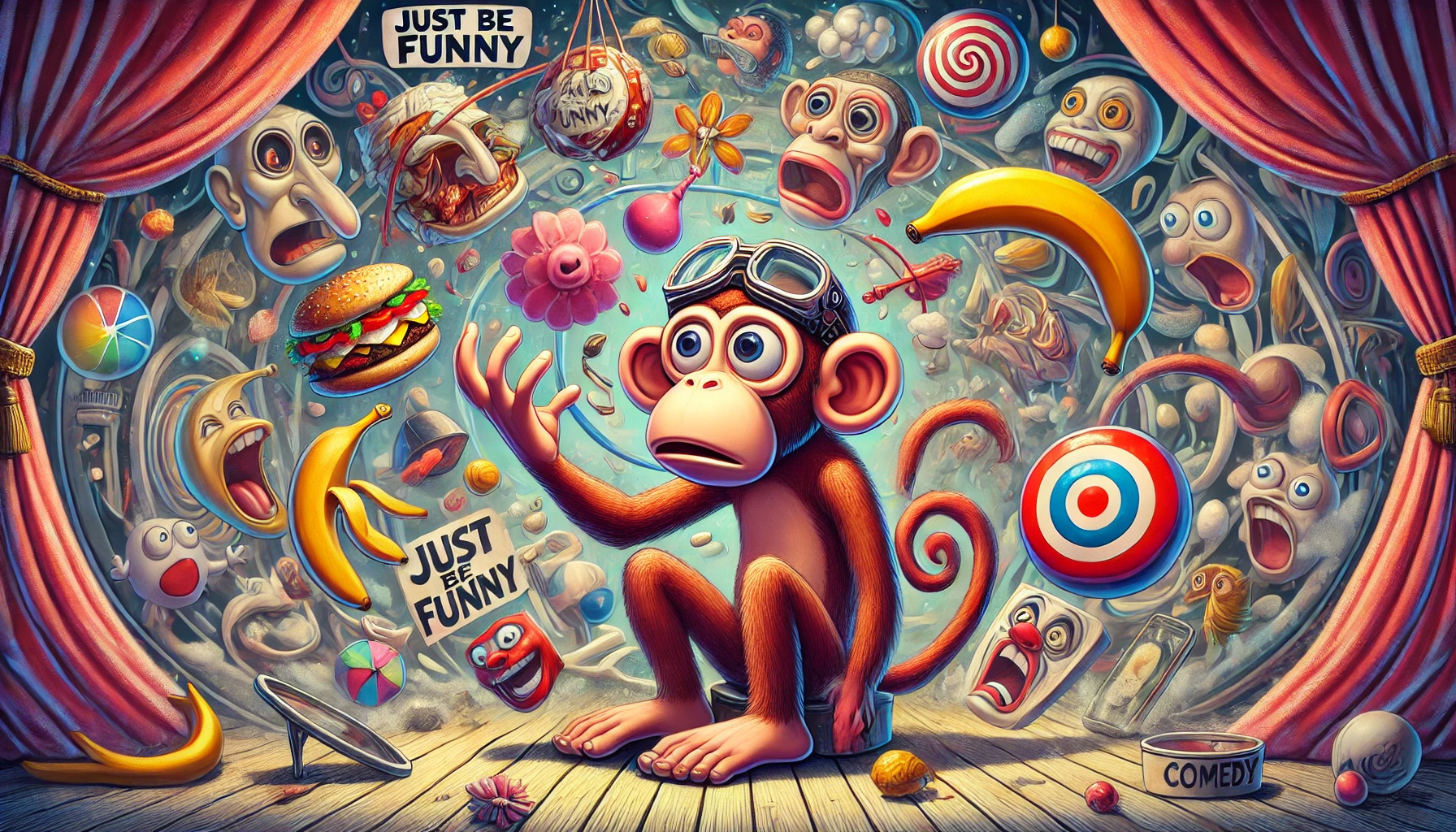
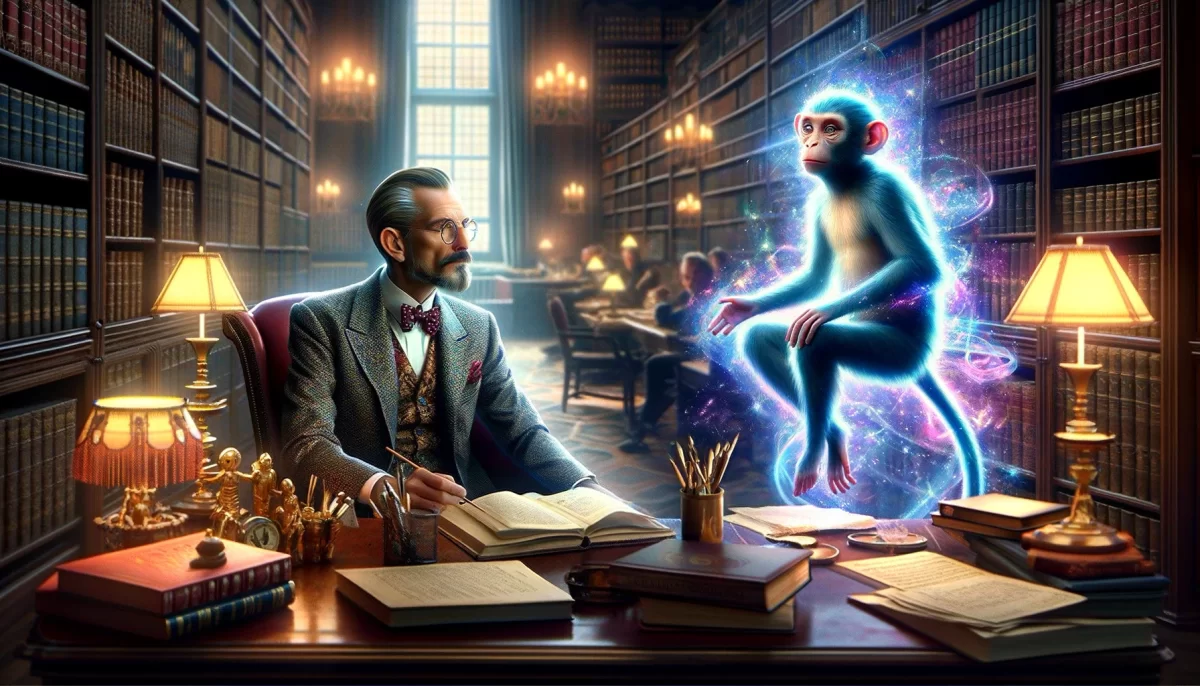





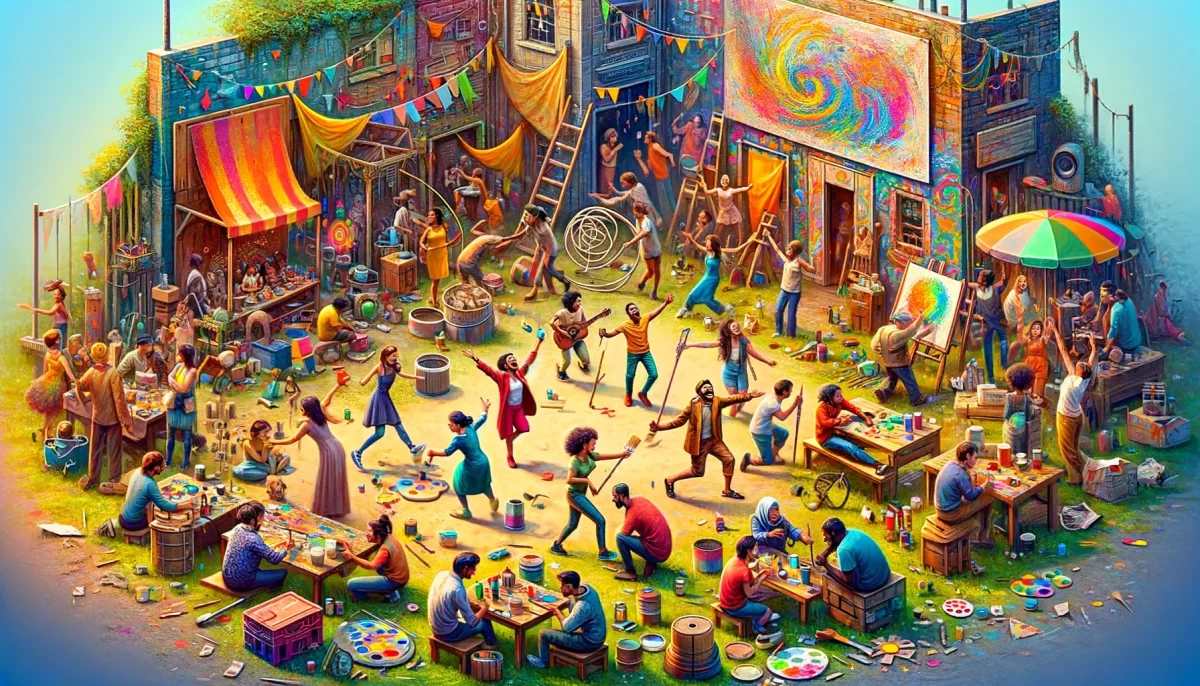


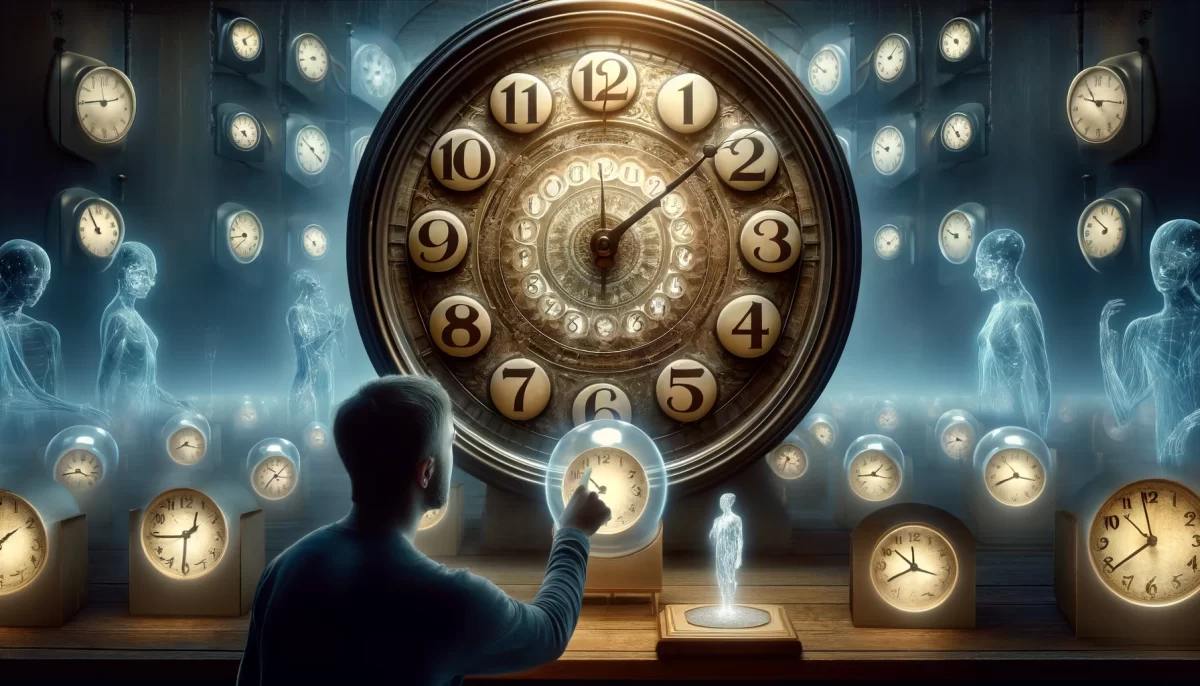







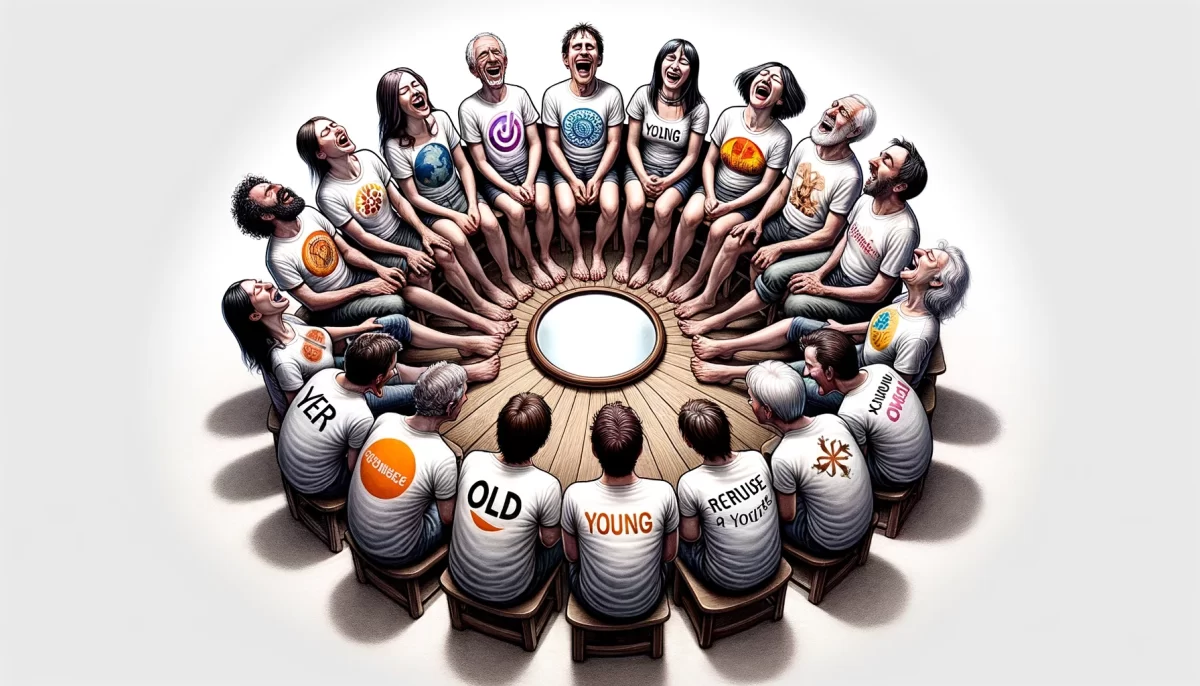
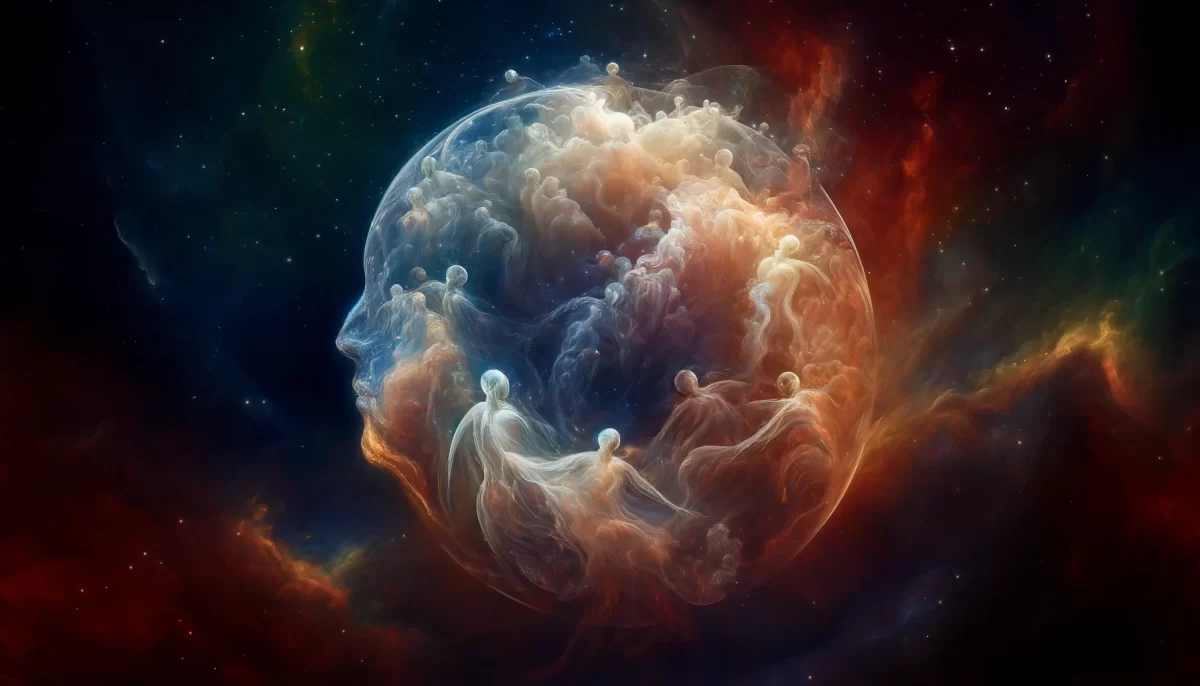



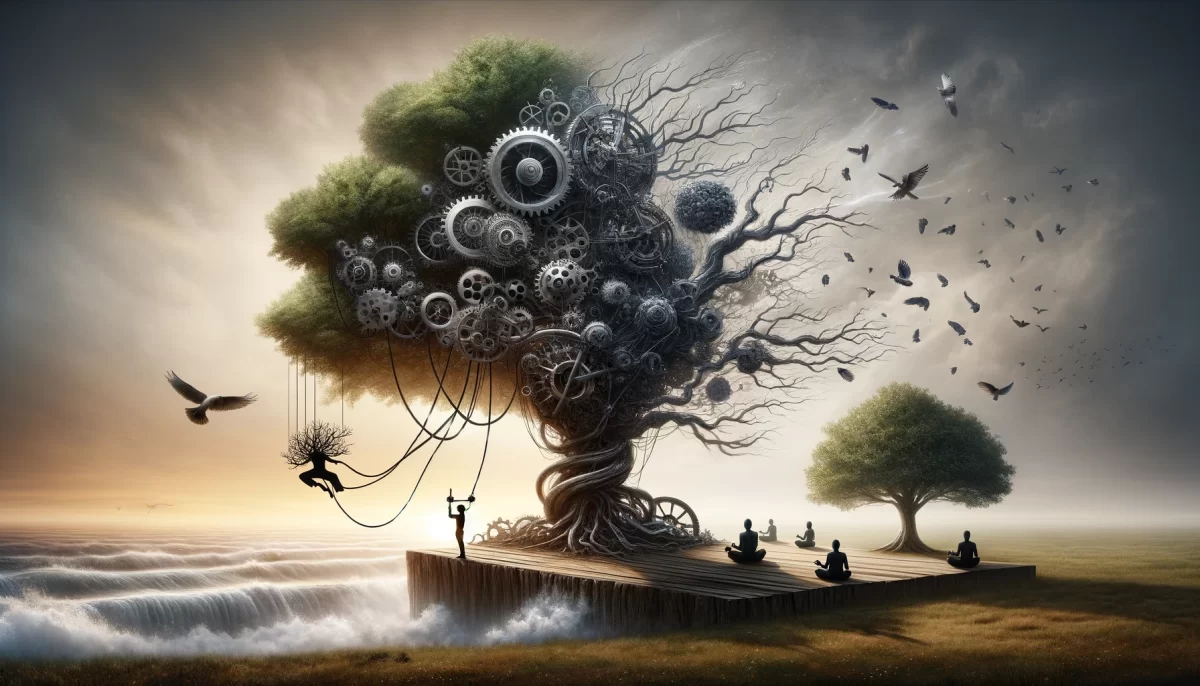

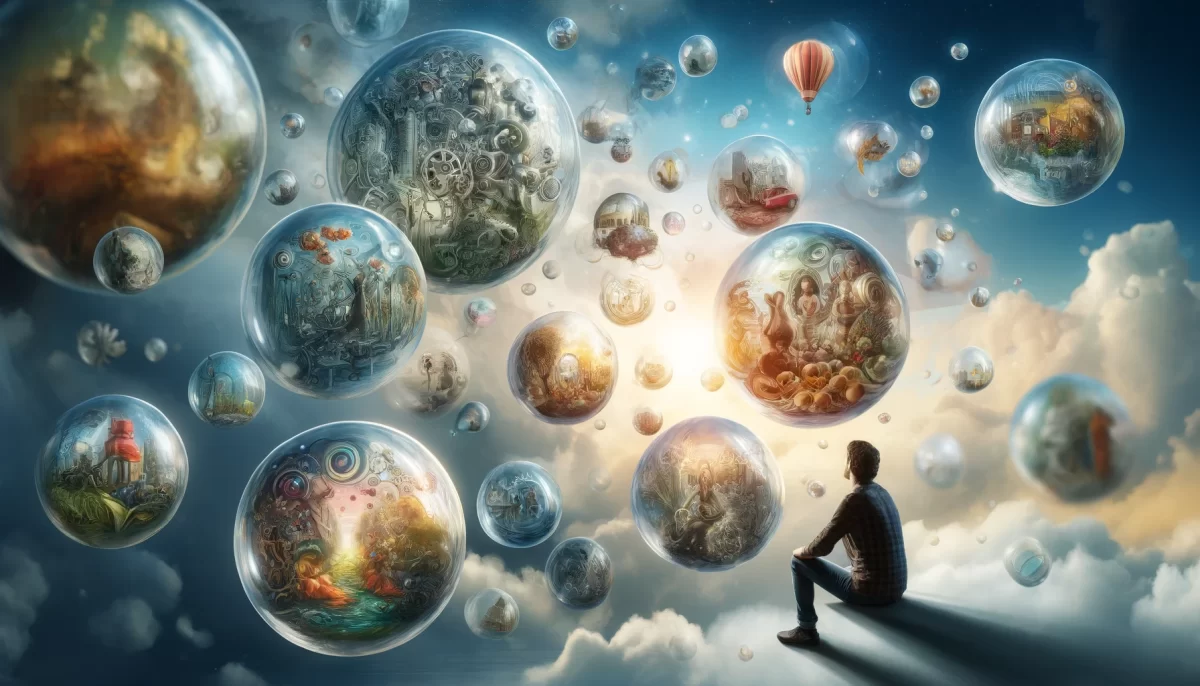





Leave a Reply